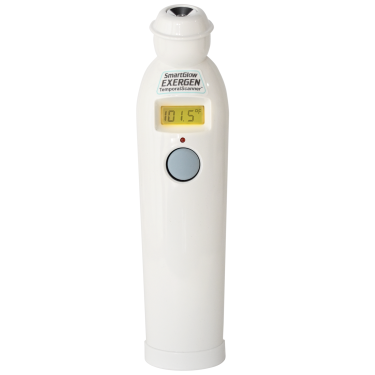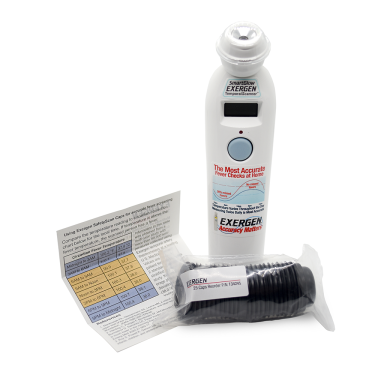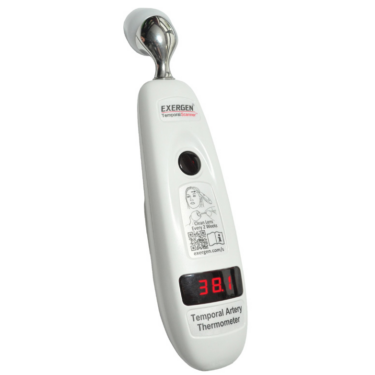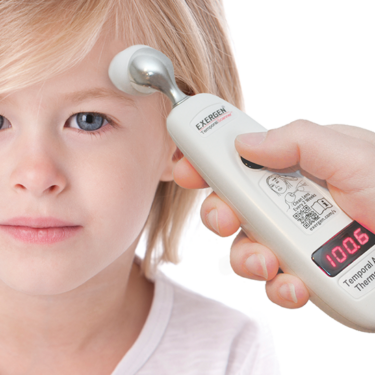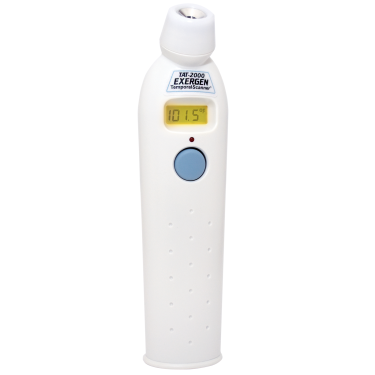With measles cases on the rise in the U.S., travelers should be extra cautious while flying. Recently the Centers for Disease Control and Prevention (CDC) reported over 300 confirmed case.
In an interview with Fox Digital News, Dr. John Whyte, WebMD’s Chief Medical Officer, highlighted how contagious measles can be. He pointed out that it is “several times more contagious” than COVID-19, which makes crowded places like airports and airplanes prime spots for the virus to spread. For anyone planning to travel, it’s important to stay informed and take the right precautions.
What Causes Measles?
Measles is a virus that spreads through respiratory droplets when an infected person coughs, sneezes, or talks. It can linger in the air for up to two hours. Once it enters the body, it infects the respiratory system and can spread to other parts, including the skin, lungs, and immune system.
Symptoms
Symptoms of measles usually show up about 10 to 14 days after exposure. These include:
- Fever: A high fever often appears early and can last several days. To monitor it, it’s a good idea to check the temperature regularly—twice a day—using a reliable thermometer, like the Exergen Temporal Artery Thermometer.
- Cough: A dry, persistent cough is common alongside other early symptoms.
- Runny Nose: A stuffy or runny nose typically appears.
- Red, Watery Eyes: Conjunctivitis, or “pink eye,” causes discomfort and light sensitivity.
- Koplik Spots: Small white spots may show up inside the mouth, often on the inner cheeks.
- Rash: A red, blotchy rash usually starts at the hairline and spreads down the body.
Measles generally clears up in a couple of weeks, but it can lead to pneumonia and brain inflammation (encephalitis), or even death. Children and people with underlying conditions are at risk for complications.
How to Prevent Measles
The best way to protect against measles is with the MMR vaccine. In addition, practicing good hygiene is crucial for preventing the spread of the virus. This includes washing hands, covering the mouth and nose when coughing or sneezing, and staying home when feeling sick.
For travelers, getting vaccinated and sticking to good hygiene practices can greatly reduce the risk of contracting or spreading measles.
Sources:
- Travel Noire: https://travelnoire.com/health-tips-measles-outbreak
- Travel Noire: https://travelnoire.com/measles-jfk
EXERGEN P/N 850410, Rev 1
